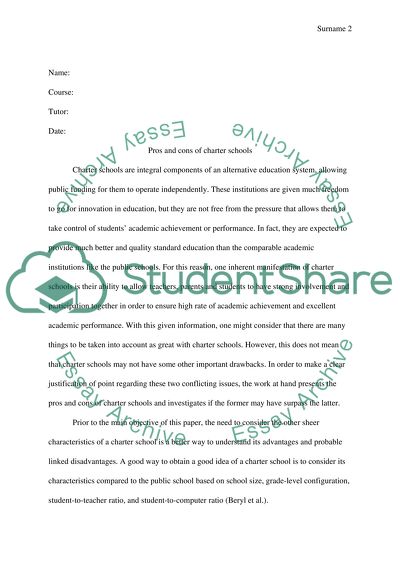Cite this document
(“Pros and Cons of Charter Schools Research Paper”, n.d.)
Pros and Cons of Charter Schools Research Paper. Retrieved from https://studentshare.org/education/1492342-pros-and-cons-of-charter-schools
Pros and Cons of Charter Schools Research Paper. Retrieved from https://studentshare.org/education/1492342-pros-and-cons-of-charter-schools
(Pros and Cons of Charter Schools Research Paper)
Pros and Cons of Charter Schools Research Paper. https://studentshare.org/education/1492342-pros-and-cons-of-charter-schools.
Pros and Cons of Charter Schools Research Paper. https://studentshare.org/education/1492342-pros-and-cons-of-charter-schools.
“Pros and Cons of Charter Schools Research Paper”, n.d. https://studentshare.org/education/1492342-pros-and-cons-of-charter-schools.


